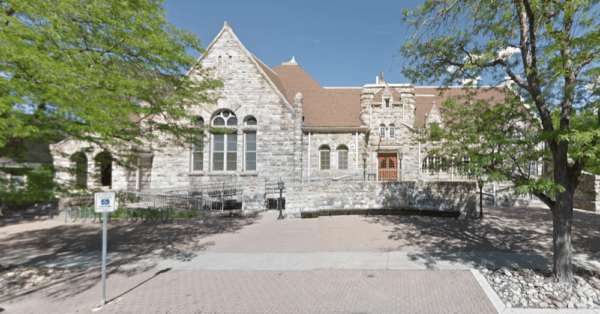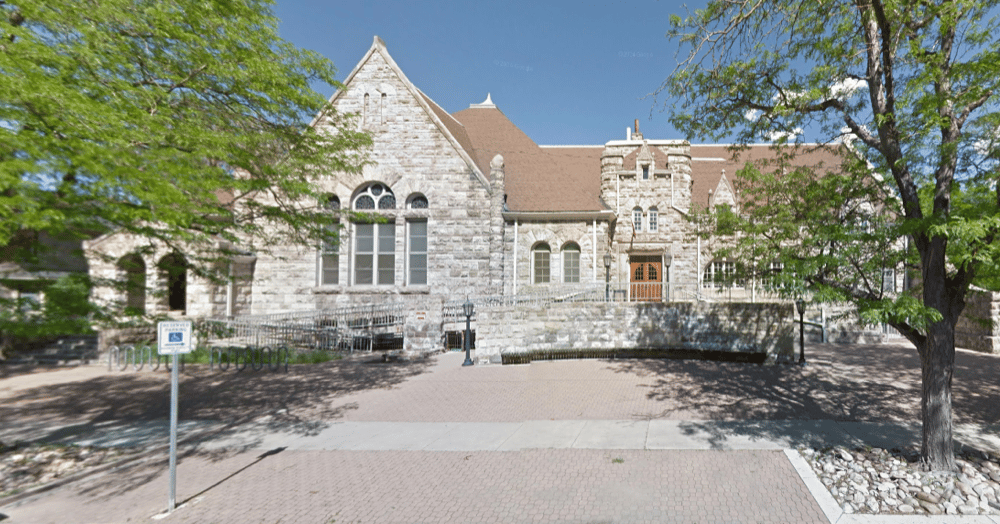
The First Unitarian building in Denver's Cheesman Park neighborhood became the first site in Colorado last night to be recognized for its importance in the history of the gay rights movement.
In the 1950s, Denver's First Unitarian opened its doors to one of the first gay rights groups in the United States, the Mattachine Society.
In the '70s and '80s, the building at 1400 N. Lafayette St. was a de facto headquarters of the Gay Coalition of Denver. The LGBT group remains in Denver today as a nonprofit known as The Center.
On Monday evening, Denver City Council designated the nearly 115-year-old building a historic landmark. First Unitarian joins the ranks of the Henry Gerber House in Chicago, The Stonewall Inn in New York City and other buildings recognized at the local, state or national level for their importance in the history of LGBT rights.
"The First Unitarian congregation has a long history of social justice work, including involvement with women’s rights and suffrage, civil rights and immigration justice," the city said in a news release.
"Over the years, it has welcomed social justice organizations that could find no other public venue for their meetings or presentations."
To be eligible for historic preservation in Denver, a site must demonstrate significance in at least two of three categories: history, architecture and geography. Denver’s Landmark Preservation Commission found that the church building met all three categories.
“Preserving sites like this helps us tell our city’s story – the whole story,” executive director of Denver Community Planning and Development Brad Buchanan said in a statement.
“While Denver’s landmarks include buildings originally built by and for those with wealth and social status, they also include equally important places linked to people who may have been left out of the history textbooks.”
Subscribe to Denverite’s newsletter here. Business & data reporter Adrian D. Garcia can be reached via email at [email protected] or twitter.com/adriandgarcia.













